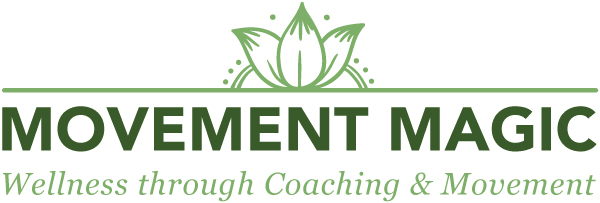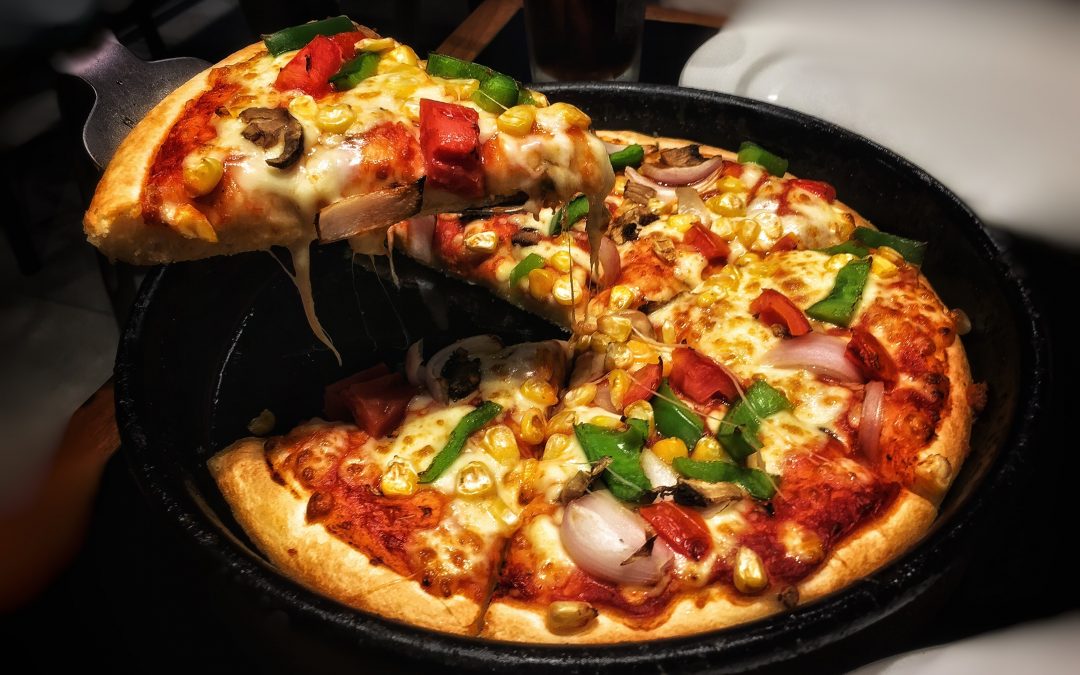It’s time to write about one of my least favourite topics. It’s my least favourite because it is complex, and because I suffer from it. And yet it’s really important to address it, because many people don’t know it exists.
The topic is histamine intolerance. I suffered from it for years without understanding what was going on (and so did my father), and it has brought me many challenges in my social life and in the way that I need to eat. It is now fairly well described (first named as a condition in the early part of this century) but it was not always so – it was largely unknown. I finally received a diagnosis when I went to the allergy clinic at the University of Cape Town, quite a few years back now. (Allergy tests can come back negative, though I do have some allergies, but it was the description of my condition to the doctor that led to the diagnosis). It was a relief and very helpful to have a diagnosis, but it was just a start. It was many years before I truly began to understand what I can and cannot eat, through experimentation and through reading new research. But it can still creep up on me sometimes.
And creep is what it does. So what is it? There is histamine naturally present in many foods. Histamine intolerance means that you are unable to metabolise this food in the normal way. (It is NOT histamine intoxication, which is caused by very high levels of histamine, almost exclusively in fish.)
It can be genetic, and in my case it was, as my father and grandfather had the same symptoms. My father always knew that he couldn’t drink wine. Other than that he didn’t have a clue why sometimes he reacted to a food, and other times he didn’t. Similarly with me, occasionally it was clear to what food my body was reacting, and sometimes it was bewildering. The symptoms were never life-threatening, but they were debilitating, and got worse over time. It was mainly severe itching around the nose and face, and swelling of the mucous membranes in the nose and sinuses. But if it was bad it could cause diarrhoea, anxiety and even rapid heart rate. Stress definitely made the symptoms more frequent and worse. Most debilitating was frequent poor sleep because of these symptoms. Others experience more severe symptoms.
So what’s the thing about “creep”? The thing to understand about histamine is that it accumulates in the body. It’s present in innocent foods like tomatoes, as well as in anything that has been fermented, such as alcohol, soya, cheeses, sauerkraut, kefir, kombucha – lots of the foods that are healthy for the gut, which is frustrating! Histamine in the body builds up over time. As you consume more foods and drinks that contain histamine, there is a build-up in the blood, and eventually the mast cells (immune cells) will be triggered and will release a flood of histamine into the bloodstream. I used to be so confused by sometimes being able to eat a pasta with tomato sauce and cheese, and other times having a really strong reaction to it. It all depended on the amount of histamine already in the blood, and how concentrated the tomato was (e.g with plenty of tomato paste), and maybe some wine in the sauce too. Also really confusing was that I could eat a certain meal one day and all was well, and then the next day I would finish off the leftovers and all was NOT well. Leftovers, you see, don’t work for people with histamine intolerance, as histamine grows in foods as they decay.
There’s an enzyme called diamine oxidase (DAO) which breaks down histamine. Often those who have histamine intolerance don’t produce enough or any of this enzyme. And this is why it can be genetic. But histamine intolerance can also start to happen when you have leaky gut or imbalance in the gut microbiota. Leaky gut is what its name describes – the barrier of the intestines is compromised and large food molecules can leak out into the bloodstream. This results in chronic inflammation. What causes it? An unhealthy diet, with gluten being the major culprit. (Read a comprehensive explanation here: https://chriskresser.com/9-steps-to-perfect-health-5-heal-your-gut/)
I used to think that wholewheat or rye bread and pasta were healthy. Like many, I avoided fat but instead ate plenty of grains, spaghetti with tomato sauce, etc. Lots of lovely low fat sandwiches. Well there’s plenty of gluten in all of that. So a combination of leaky gut after years of eating this way, as well as the genetic condition of histamine intolerance led to many, many sleepless nights.
And on to my social life: How do you tell your host that you are intolerant of tomatoes, cheese, wine, anything-but-fabulously-fresh-fish, soya, food additives and preservatives, and all fermented foods? And that you can’t tolerate wine or beer? And sometimes liver? Well it just sounds like you are a super fussy individual with crazy needs. I usually tell friends that I can’t tolerate tomato (because so many people cook with tomato paste). But actually, I sometimes eat a few fresh tomatoes, especially the yellow and green ones, as they’re lower in histamine. And as long as they’re not combined with any other histamine rich foods, it’s fine. And when people see me eating tomatoes then they KNOW I’m full of nonsense!
Some tips for navigating life with histamine intolerance (but everyone needs to do their own experimenting to find out what they can tolerate)
- Only eat foods that are low in histamine.
- Shop regularly so that what you eat is farm fresh.
- Don’t eat leftovers, so cook just enough.
- Write down what you ate or drank when you have a reaction.
- Red wine is full of histamine – avoid it.
- Heal your gut by eating whole foods only, and cutting out gluten.
- Drink lots of water to clear histamine from the body.
- Try Vitamin C – it’s a natural antihistamine.
For a great comprehensive article, and a list of high histamine foods, read this post from Chris Kresser: https://chriskresser.com/headaches-hives-and-heartburn-could-histamine-be-the-cause/
There is more to this story, and it lies in the gut. But enough for now. If you think you may have histamine intolerance, and would like to address it through health coaching, contact me. I’ve been on this bumpy road!

